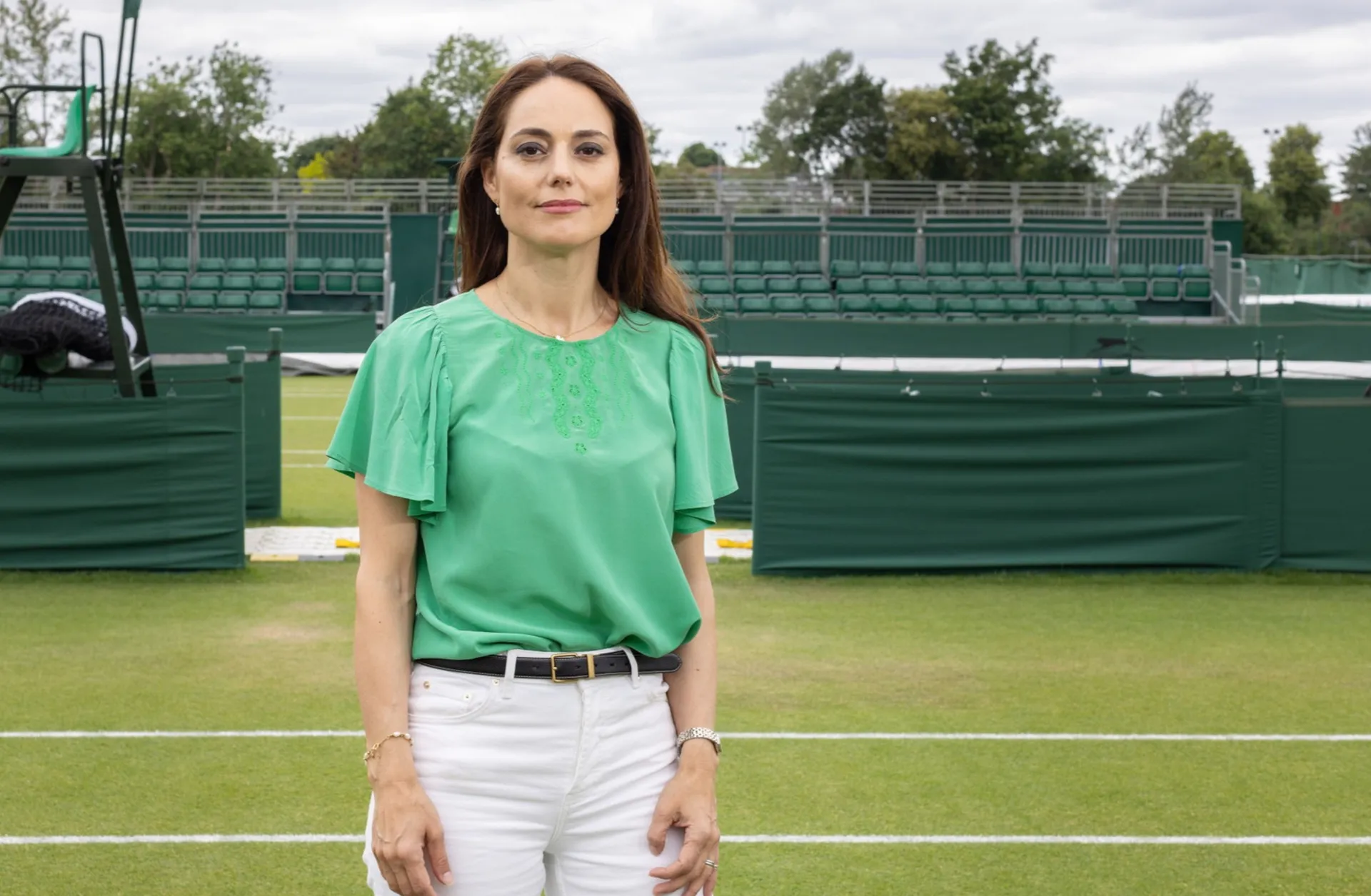
Sports teams, leagues and governing bodies across the world have grown accustomed to fielding calls from private equity firms and sovereign wealth funds looking to invest. But the women’s professional tennis tour has the rare distinction of tapping the deep pockets of both.
In May, the Women’s Tennis Association sealed a multiyear partnership with Saudi Arabia’s Public Investment Fund. As a result, PIF became the naming partner for the WTA’s player rankings, while the WTA Finals — the tour’s biggest showcase — will move to Riyadh for the next three years. Prize money for the annual event will increase from $9mn to $15.25mn.
And that deal came just over a year after the WTA joined forces with CVC Capital Partners. The European private equity firm paid $150mn for a 20 per cent stake in WTA Ventures, a new entity that controls the commercial income generated by the women’s tour.
Marina Storti, chief executive of WTA Ventures, told the Financial Times that the two deals with long-term investors have now primed women’s professional tennis to push ahead with ambitious growth plans.
“We have all the support we need,” says Storti. “We have all of the ingredients. We have the right people. We have some of the best known and most inspiring female athletes. It’s all about execution.”
Since taking the role last year, the former Sky executive has been focused on the task of raising the international profile of the women’s tour.
High on the agenda is increasing online engagement between the tour, its star players, and tennis fans. Since the retirement of Serena Williams — the most successful female tennis player of the open era — women’s tennis has seen a rotating cast of Grand Slam winners, making it harder for casual fans to keep up. For example, at Wimbledon last week, reigning champion Markéta Vondroušová was knocked out in the first round.
Even approaching two years since she bowed out, Williams boasts more than 17mn followers on Instagram, 10 times the figure for Iga Świątek — who has been world number one since April 2022.
Storti says the tour has been making good progress in reaching new audiences, pointing to a 24 per cent rise in social media followers and a trebling of views of its video posts. The WTA has also made changes to its global calendar and signed a new five-year TV deal with Sky. But there is more to be done.
We want the WTA to become a household name, and we want our players to be household names
“We want the WTA to become a household name, and we want our players to be household names, and we want a brand that’s very relevant and resonates with as many demographics as possible”, Storti says.
Despite the growth over the past year, the WTA and the Association of Tennis Professionals — the men’s tour — still lag behind the four Grand Slam tennis tournaments in terms of their online fan base. The WTA has just 200,000 followers on TikTok, compared with 2.3mn each for Wimbledon and the Australian Open.
In building its online presence, the WTA hopes to call on the expertise of CVC, which has a long record of investing in sport. It previously owned Formula One, and it currently has investments spanning rugby, football, volleyball, and cricket.
“They have a lot of learning from their investments in sports that we can leverage,” Storti says of CVC, which has two board seats at WTA Ventures. “They have a huge amount of connections. That means we can go a lot faster than we would otherwise.”
CVC previously proposed setting up a single entity to merge the commercial interests of both the WTA and the ATP — an idea that has gained renewed traction as Saudi Arabia has swiftly become an influential force in international tennis. PIF also has a multiyear deal with the ATP, while the Saudi Tennis Federation signed up Rafael Nadal as an ambassador earlier this year.
Storti points out that the tours are already collaborating more often, both commercially and on the match calendar. “The alignment is coming from a desire of the two tours to work together a lot more,” she says. “They see the opportunity to create a much better experience for fans and for players.”
PIF has also been highly active in several sports in recent years, including bankrolling LIV Golf’s attempt to challenge the PGA Tour as well as the Saudi Pro League’s efforts to lure the world’s top footballers. But those investments have drawn accusations of “sportswashing” from human rights campaigners.
Saudi Arabia’s increasing involvement in tennis has now attracted similar criticism from campaigners and former players. Human Rights Watch accused the WTA and the ATP of helping Riyadh shift attention away from its “egregious human rights record” through its tie-ups with the tours, and urged the tours to press for change.
“Global tennis organisations should not contribute to serving up repression in Saudi Arabia,” said Minky Worden, director of global initiatives at Human Rights Watch, in a statement earlier this year.
Former tennis champions Chris Evert and Martina Navratilova also wrote an open letter urging the tour not to move the WTA finals to Riyadh, saying it would be “incompatible with the spirit and purpose of women’s tennis, and the WTA itself”.
Storti acknowledges that taking investment from Saudi Arabia has “provoked strong opinions”, but insists the WTA has been “really sensitive” in listening to those with reservations.
“We spent time engaging with everyone, explaining our rationale, but also hearing the questions and addressing their concerns,” she says. “This is a really, really good partnership for the sport. Entering a new country that has a very young population with huge potential for growth, in its own right, is super important.”